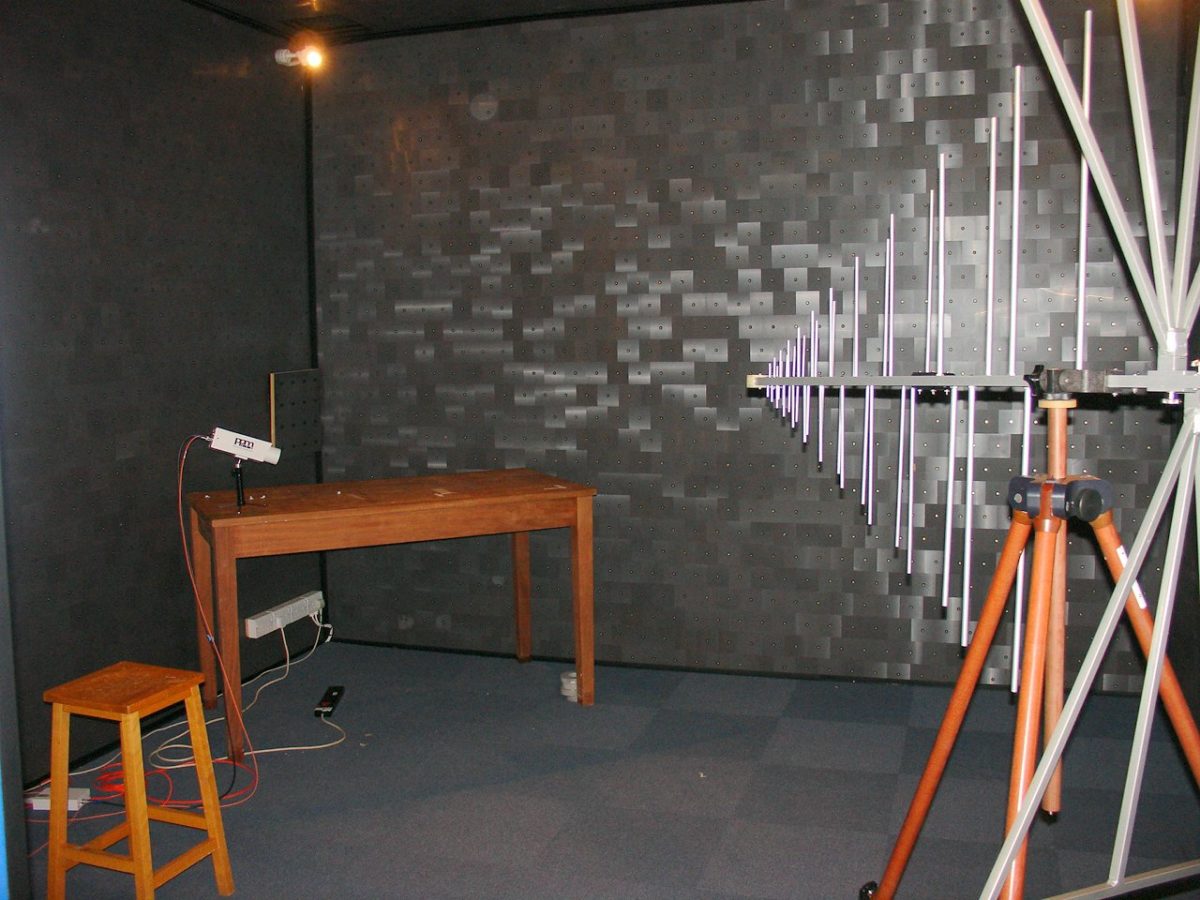RDI published a report this week stating that most solar inverters in the country do not meet its EMC requirements. Solar inverters in the Netherlands pose risks of interference and hacking, it warned.
RDI's investigation reveals non-compliance of inverters from nine manufacturers, posing risks of interference and hacking. While all inverters meet minimum cybersecurity standards, they could be easily hacked and used for distributed denial-of-service (DDoS) attacks, said RDI.
Inverter manufacturers have a legal obligation to prevent the sale of disruptive products. Malfunctions related to electromagnetic compatibility have significantly increased in recent years, likely due to the growing number of PV installations, with 113 reports between 2020 and 2022, said RDI.
The Swedish Electrical Safety Agency conducted a similar investigation in 2021.
This content is protected by copyright and may not be reused. If you want to cooperate with us and would like to reuse some of our content, please contact: editors@pv-magazine.com.




By submitting this form you agree to pv magazine using your data for the purposes of publishing your comment.
Your personal data will only be disclosed or otherwise transmitted to third parties for the purposes of spam filtering or if this is necessary for technical maintenance of the website. Any other transfer to third parties will not take place unless this is justified on the basis of applicable data protection regulations or if pv magazine is legally obliged to do so.
You may revoke this consent at any time with effect for the future, in which case your personal data will be deleted immediately. Otherwise, your data will be deleted if pv magazine has processed your request or the purpose of data storage is fulfilled.
Further information on data privacy can be found in our Data Protection Policy.